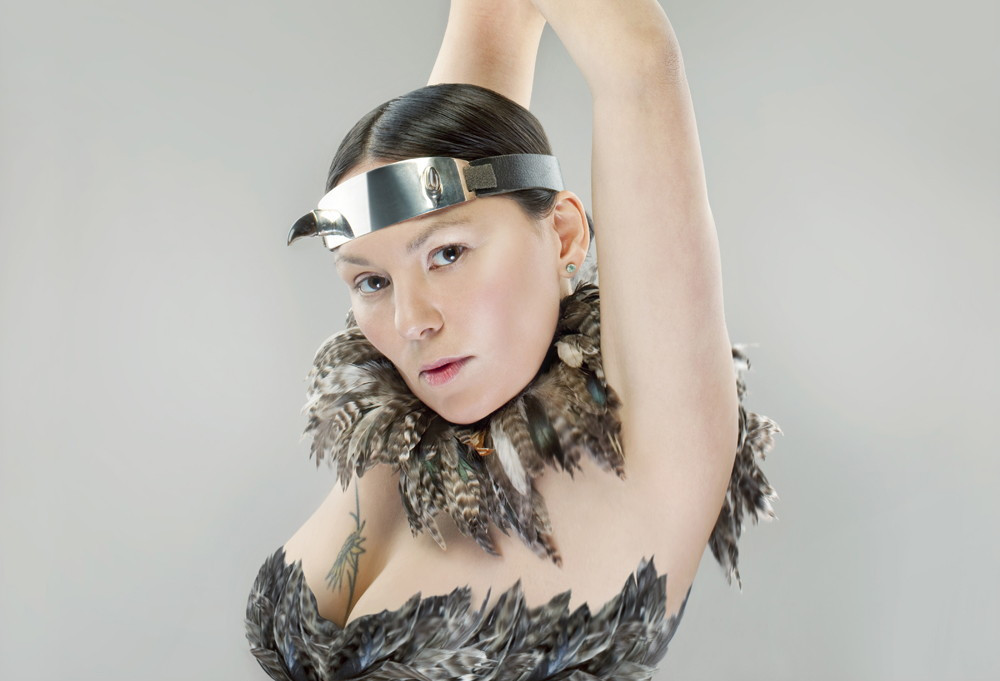Speaking Volumes
#MMIW and the power of music to inspire social change
By its very nature, music is a mode of expression. It affects people in ways that other mediums fail to do and messages conveyed through music often create a ripple effect throughout society.
Dec. 31, 2014 marked the Idle No More community’s third annual New Year’s Eve round dance. The goal of the unity vigil was to remember the nearly 1,200 missing and murdered Indigenous women in Canada through traditional Aboriginal music and dance and to inspire a dialogue on the issue, which is often discussed online under the hashtag #MMIW. The year was plagued with several high-profile tragedies in Winnipeg alone, including the death of 15-year-old Tina Fontaine, whose body was pulled from the Red River in August and the vicious assault of Rinelle Harper, who was found left for dead on the banks of the Assiniboine River in November. But the year was also seen by many as a turning point in the discussion of missing and murdered Indigenous women, with almost all levels of government supporting an inquiry into the matter.
In September, Inuk throat singer Tanya Tagaq was awarded the prestigious Polaris Music Prize. The award is given to the best Canadian album of the year based solely on artistic merit was granted to Tagaq for Animism, an album she released in May of last year. Hailing from Nunavut, Tagaq is now based out of Brandon, Manitoba. Her haunting performance at the awards gala in Toronto honoured Canada’s missing and murdered Indigenous women, with a list of their names projected on the screen behind her.
To simply deal with themes of social change in music may not be enough at this point. Tagaq’s Polaris Music Prize performance was lauded as revolutionary by people nationwide. And yet, the leader of our country is quick to dismiss these lost lives as “not a sociological phenomenon.” Beyoncé, arguably the most powerful woman in music, stood onstage at MTV’s 2014 Video Music Awards while a screen behind her bore the word feminist, in giant, illuminated letters. The words of Nigerian author Chimamanda Ngozi Adichie’s now-famous Ted Talk, We Should All Be Feminists, played for millions of viewers to hear. And yet, this year still seemed to bring with it almost countless attacks on women’s rights around the world, both subtle and overt. To discuss justice and change is one thing, but to find the means to dismantle social structures is quite another.
While certain crowds are quick to claim that music isn’t as good as it once was, it has become increasingly clear that the opposite is true. Music is an outlet and a form of communication. It’s an art form that is now easier to access than it has ever been. And in a society that values academia over lived experience, it is not only a way to elevate your own voice, but a chance to hear the voices of those you may not have otherwise had the chance to. Music is constantly inspiring social change all over the world, and will continue to do so - but only if we allow it to.
Caitlyn Gowriluk is a first-year Rhetoric major at the University of Winnipeg.
Published in Volume 69, Number 16 of The Uniter (January 14, 2015)







